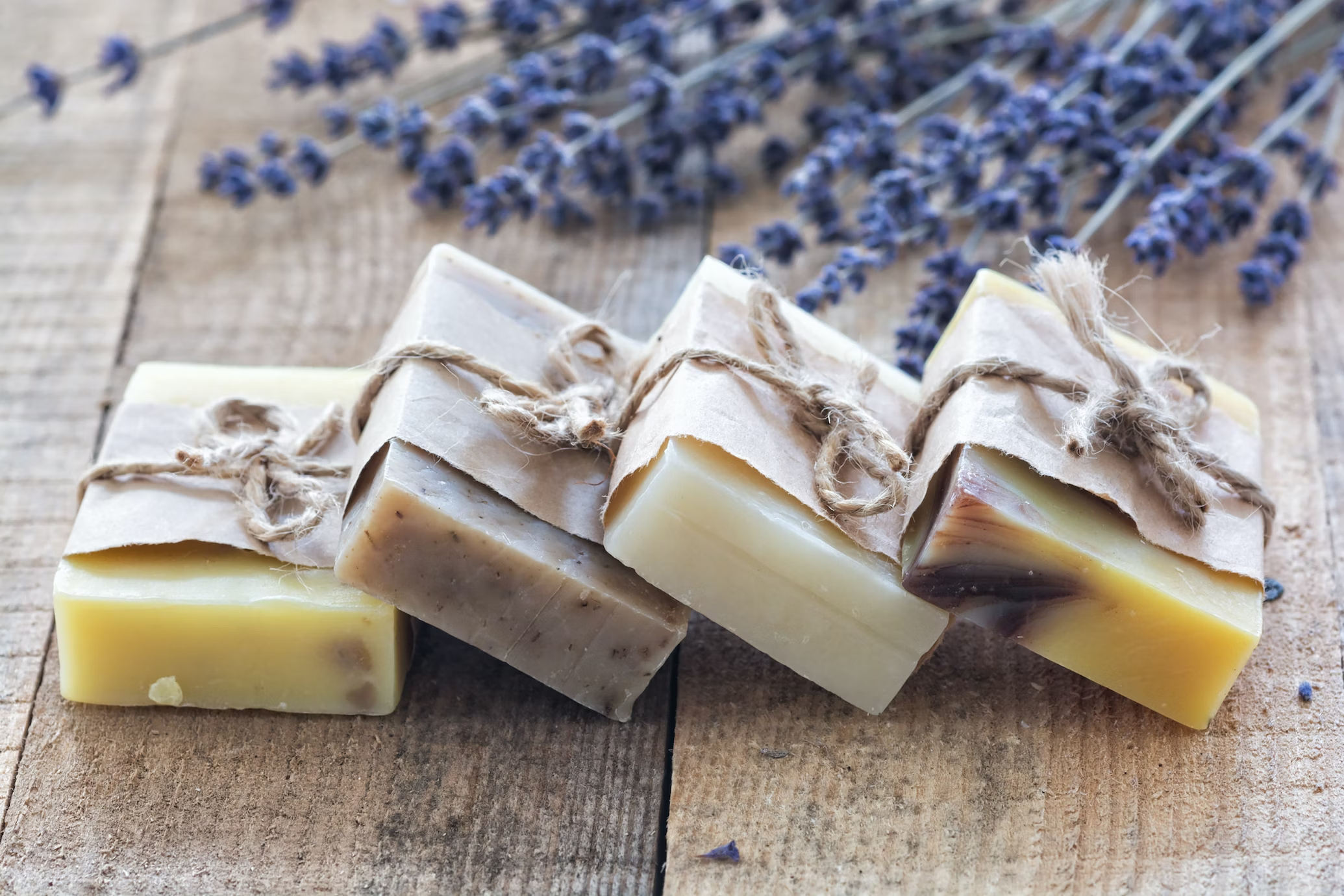In our pursuit of healthier lifestyles, we often focus on the foods we consume and the exercise routines we adopt. However, the products we use on our skin, such as soaps, play a crucial role in maintaining overall well-being. The rise in awareness about the potential adverse effects of certain chemicals has led to a growing interest in paraben-free and sulfate-free soaps. In this blog, we will delve into the reasons why these soaps are considered a healthier choice for your skin.
Understanding Parabens and Sulphates:
Parabens and sulfates are commonly used in skincare and personal care products as preservatives and cleansing agents, respectively. Parabens, such as methylparaben and propylparaben, help extend the shelf life of products by preventing the growth of bacteria and mold. On the other hand, sulfates, like sodium lauryl sulfate (SLS) and sodium laureth sulfate (SLES), create the foaming lather we associate with many soaps and shampoos.
Concerns Surrounding Parabens:
Research has raised concerns about the potential health risks associated with the use of parabens. These chemicals can mimic estrogen in the body, leading to hormone disruption. Some studies suggest a possible link between parabens and certain health issues, including breast cancer. While the evidence is not conclusive, the precautionary principle has prompted many individuals to seek paraben-free alternatives.
Benefits of Paraben-Free Soaps:
- Reduced Hormonal Disruption: By opting for paraben-free soaps, individuals can minimize the risk of hormonal disruption. This is particularly important for those with a history of hormone-related conditions or individuals looking to reduce their exposure to potentially harmful substances.
- Skin Sensitivity: Parabens can cause skin irritation and allergic reactions in some individuals. Paraben-free soaps are formulated without these preservatives, making them a gentler option for those with sensitive skin.
- Environmental Impact: Parabens have been found in trace amounts in water sources, raising concerns about their environmental impact. Choosing paraben-free soaps contributes to reducing the release of these chemicals into the environment.
Sulfates and Skin Health:
Sulfates, while effective in creating a rich lather, can strip the skin of its natural oils, leading to dryness and irritation. Individuals with sensitive or dry skin may find sulfate-free soaps to be a more suitable option. Let’s explore the benefits of sulfate-free soaps:
- Gentle Cleansing: Sulfate-free soaps provide a milder cleansing experience without compromising on effectiveness. They remove dirt and impurities without overly drying the skin, making them ideal for daily use.
- Preservation of Natural Oils: Unlike sulfate-containing soaps that can strip the skin of its natural oils, sulfate-free alternatives help maintain the skin’s natural moisture balance. This is particularly beneficial for individuals with dry or mature skin.
- Reduced Irritation: Sulfates can cause irritation, especially for those with eczema or other skin conditions. Sulfate-free soaps offer a solution for individuals seeking a more soothing and irritation-free cleansing experience.
Making the Switch:
As awareness of the potential drawbacks of parabens and sulfates grows, many consumers are making a conscious effort to switch to healthier alternatives. Fortunately, the market now offers a wide range of paraben-free and sulfate-free soaps, catering to various skin types and preferences.
- Natural Ingredients: Many paraben-free and sulfate-free soaps feature natural ingredients like aloe vera, chamomile, and essential fatty acids, providing nourishment and hydration to the skin.
- Organic Options: For those who prioritize organic products, there are organic soaps available that exclude not only parabens and sulfates but also synthetic fragrances and dyes.
- Artisanal and Handcrafted Soaps: Artisanal soaps often boast carefully selected ingredients and omit harmful chemicals. These handmade options appeal to individuals seeking a personalized and chemical-free skincare experience.
Conclusion:
In the quest for healthier skin, the choice of soap plays a pivotal role. Opting for paraben-free and sulfate-free soaps can be a positive step toward minimizing exposure to potentially harmful chemicals. Whether driven by concerns about hormonal disruption, skin sensitivity, or environmental impact, individuals now have a variety of alternatives to traditional soaps. Making the switch to these healthier options not only benefits personal well-being but also contributes to a more sustainable and eco-friendly approach to skincare. As consumers become increasingly discerning about the products they use, the demand for paraben-free and sulfate-free soaps is likely to continue growing, paving the way for a skincare revolution that prioritizes both health and environmental consciousness.


